
More than a century before the romantic poets strode the British landscape in search of the sublime, a Japanese writer made months-long journeys on foot, motivated by remarkably similar urges. Basho's walks have everything we recognise from our own multi-day hikes, says Ronald Turnbull.
Clouds move on the wind
I know I have to walk
by the sea, northwards
I've traced our tradition of serious hiking to the nine-day journey of the poet Coleridge in August 1802. But the idea of setting out on a very long walk, for the sake of – well, for the sake of whatever it is we go on long distance walks for. It happened here, and it also happened in Japan. In 1689, 113 years before the English Romantics and 6000 miles away, a different poet was setting out on a long walk of his own.
People who go on months-long walks, through dangerous country, purely for our own amusement: are we necessarily bananas? In Basho's case, yes. His writing name comes from his favourite plant, the non-flowering banana Musa basjoo.
In a way it was fun
not to see Mount Fuji
in foggy rain
Here he's just setting off from Edo (now Tokyo) on the first of his four long walks, recounted as 'The Records of a Weather-exposed Skeleton'. The Penguin edition has all four of the expeditions, translated by Nobuyuki Yuasa.
How far must I walk
to the village of Kasajima
on this endless muddy road
of the early wet season?
- Narrow Road to the Deep North
Basho's walks have everything we recognise from our own multi-day hikes. The complaining about the weight of the pack – after the first fortnight he throws half his load away. The overnight accommodation, both good and bad, not to mention absolutely awful.
Asleep in the straw
Fleas, lice
The horse pisses beside my pillow
- Narrow Road (RT transcription)
Before setting out on the Narrow Road to the Deep North of Japan, Basho sold his house and wrote his will. The trip would be 156 days from Tokyo, 2400 kilometres, taking in any mountains that happened to have temples on top.
But what was he walking for? And was it the same as what Coleridge was after, and us lot are after today?
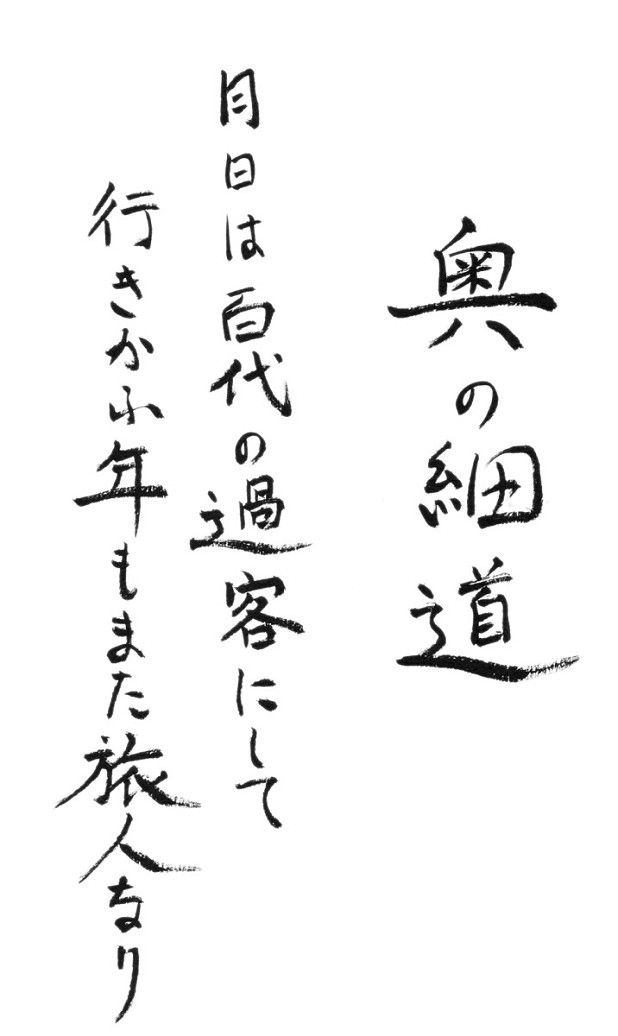
Basho took in historical sites and famous viewpoints – the 17th-century Japanese version of Instagram hotspots. However, the important bits of Basho's trip journals are the three-line poems called haiku. Which is well known as a sequence of five syllables, seven, and five again. But also, haiku has to be about the natural world. It even contains a 'seasonal word', a clue (cherry blossom, brown leaves, icicles) as to the time of year. And what Basho was after in his haiku was a specific landscape sensation: the sensation known as sabi.
kono michi ya / yuku hito nashi ni / aki no kure
on this path or road
nobody is travelling
evening, in Autumn
- RT transcription
sabishisaya / hana no atari no / asunarau
Loneliness —.
Standing amid the blossoms,
A cypress tree.
Sleeping on a grass pillow
I hear now and then
the night-time barking of a dog
in the passing rain
- Records of a Weather-exposed Skeleton
Tell me the loneliness
of this deserted mountain
the aged farmer
digging wild potatoes
- at Bodaisan, Records of a Travel-worn Satchel
Always, Basho was working on the Japanese art of landscape appreciation. Which means, being on the lookout for sabi: isolated houses in the mountains or an empty moor in autumn. And in April 1688, he found it at Suma bay, 25km west of Osaka:
It was the middle of April when I wandered out to the beach of Suma. The sky was slightly overcast, and the moon on a short night of early summer had special beauty. The mountains were dark with foliage. When I thought it was about time to hear the first voice of the cuckoo, the light of the sun touched the eastern horizon, and as it increased, I began to see on the hills of Ueno ripe ears of wheat tinged with reddish brown and fishermen's huts scattered here and there among the flowers of white poppy.
At sunrise I saw
tanned faces of fishermen
among the flowers
of white poppy
- Records of a Travel-worn Satchel, final scene
Sabi is translated as loneliness. Which is the ordinary emotion that maybe comes closest to what the Japanese of the 17th Century were after. A state of silence, of emptiness, within the landscape. The landscape-baggers of England, 150 years later, were after what they called the Sublime: the special mental state when standing before a waterfall, or on a cliff edge in front of clouded empty spaces.
But whatever the word for it – on Mickledore at sunset, when all the other walkers have gone away – somewhere in the Rough Bounds, with nothing but mountains stretching into the distance – in blowing cloud on Crib y Ddysgl – or at daybreak on a beach on the south coast of Japan – Sabi, or the Sublime. Whatever it is, we maybe think we know what they're on about.
As firmly cemented clam shells
fall apart in Autumn
so I must take to the road again
Farewell, my friends.
- Narrow Road to the Deep North, final lines
- Mountain Literature Classics: Of Walking in Ice by Werner Herzog 15 Feb
- Mountain Literature Classics: South Col by Wilfrid Noyce 9 Jan
- Mountain Literature Classics: Free Solo with Alex Honnold 29 Nov, 2023
- Mountain Literature Classics: That Untravelled World by Eric Shipton 3 Aug, 2023
- Mountain Literature Classics: Sir Gawain and the Green Knight 4 May, 2023
- Mountain Literature Classics: Menlove 9 Mar, 2023
- Mountain Literature Classics: Conquistadors of the Useless by Lionel Terray 17 Nov, 2022
- Mountain Literature Classics: Native Stones by David Craig 3 Nov, 2022
- Mountain Literature Classics: Mont Blanc, Lines Written in the Vale of Chamouni 20 Oct, 2022
- Mountain Literature Classics: A Short Walk in the Hindu Kush 3 Oct, 2022



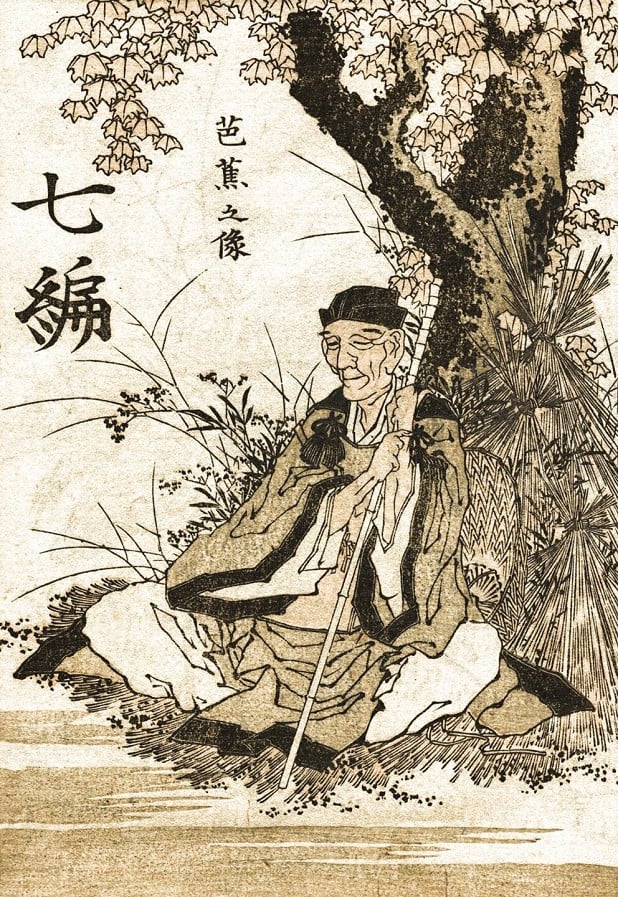
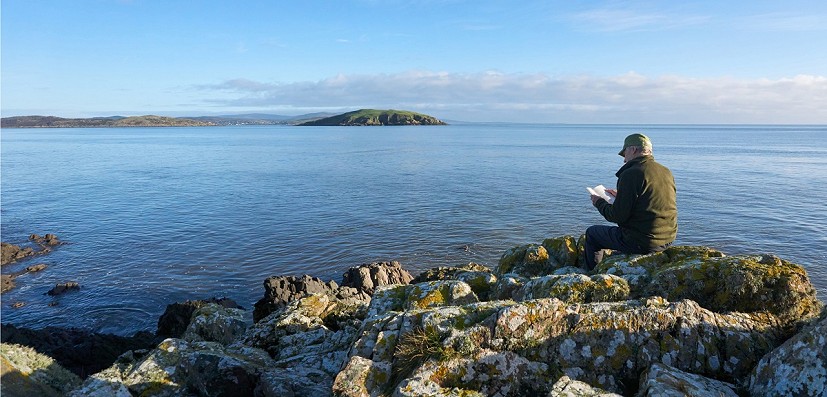





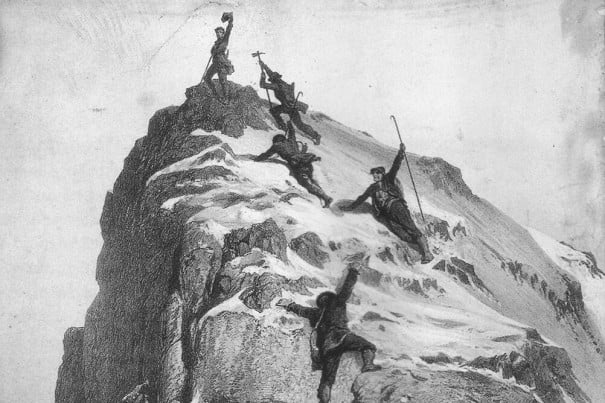
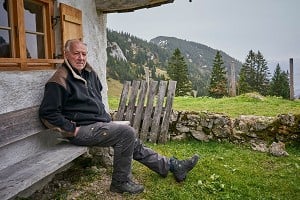

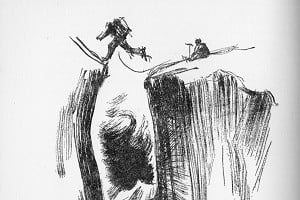
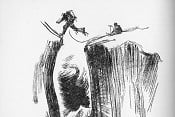


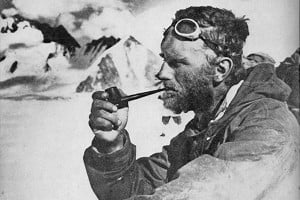

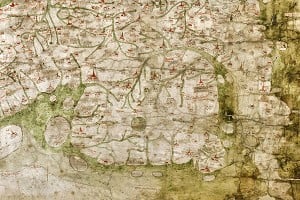

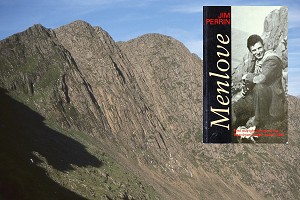
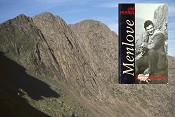
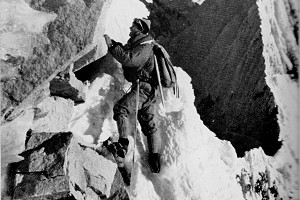
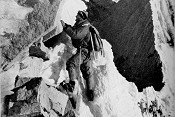
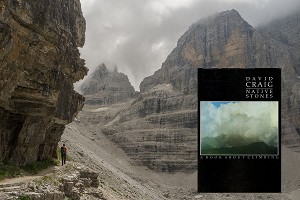
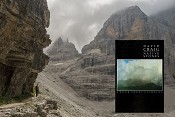
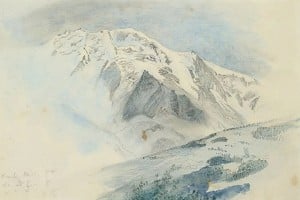
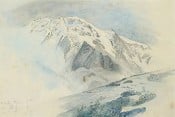
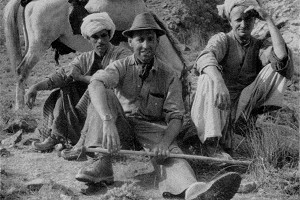

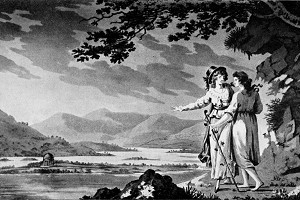
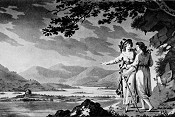
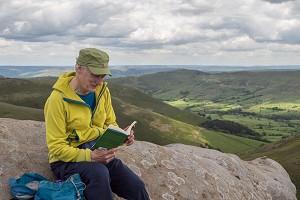
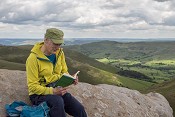




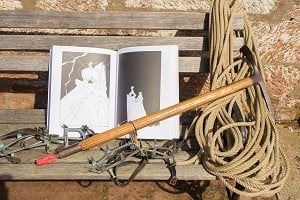
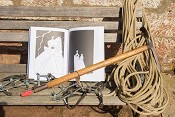
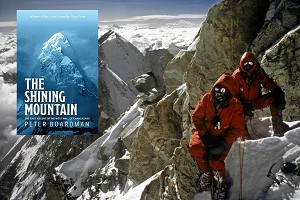
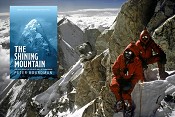


Comments
Really fascinating read, to go beyond the western-centred conception of romanticism, where everything is traditionally viewed through a John Clare/Lakes Poets/Caspar David Friedrich lens. Thanks Ronald.
The horse pissing next to the pillow put me in mind of another C17th reference that modern backpackers might recognise themselves in:
"Here, therefore, they wallowed for a time, being grievously bedaubed with the dirt; and Christian, because of the burden that was on his back, began to sink in the mire."
Wonderful stuff!
(Cheered me right up
Sitting in airport lounge
Sad I cannot climb)
Thanks for this article Ron.
I really enjoying this series (worked in a bookshop for 14 years and used to be in charge of the 'Outdoor' section amongst others). I've read many of the books you've featured but have just ordered this one. "Cold Mountain Poems" is another great one, this time from a Chinese writer from back in them there olden days, though you might have featured it already. I read Gary Snyder's translation.
Definitely related to several of the Basho quotes you included, although I've never chucked half my pack away part way through a trip :).
Keep up the great writing.
.... "Cold Mountain Poems" is another great one, this time from a Chinese writer from back in them there olden days, though you might have featured it already. I read Gary Snyder's translation.
I very much second this. Like you, I first read the Cold Mountain poems (by an anonymous 8th or 9th century Chinese hermit) in Gary Snyder's translations - in "Riprap and Cold Mountain Poems". (Gary Snyder of course a brilliant poet of mountains and wilderness in his own right). There's another more recent translation, with many more poems than Snyder translated (more than 300, compared to Snyder's 24), by Red Pine (Bill Porter) that I'd recommend too.
I really enjoyed the Basho article too.
Chiao Jan
(730-799)
Inscribed on the wall of the hut by the lake
If you want to be a mountain-dweller...
No need to trek to India to find one
I have a thousand peaks
to pick from right here on the lake.
Fragrant grasses and white clouds
hold me here
What holds you there,
World-dweller?
Han-Shan 9th century
Among a thousand clouds and ten thousand streams,
here lives an idle man,
In the daytime wandering over green mountains,
At night coming home to sleep by the cliff.
Swiftly the springs and autumns pass,
But my mind is at peace, free from dust or delusion.
How pleasant, to know I need nothing to lean on,
To be still as the waters of the autumn river!